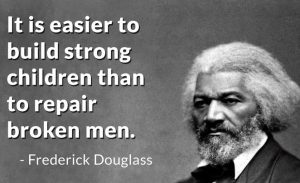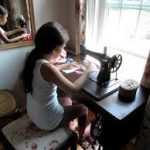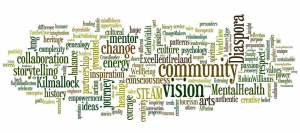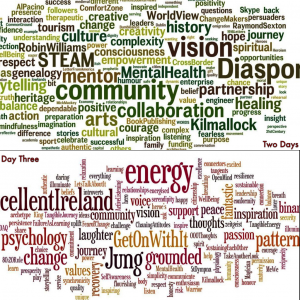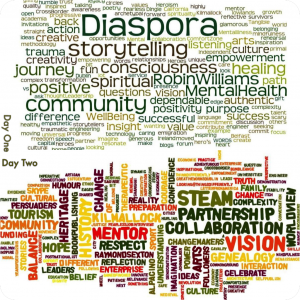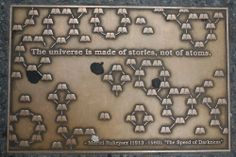On…Continuing Education
“A mind is a terrible thing to waste” 
So goes the very powerful fundraising campaign launched by United Negro College Fund in 1972. It’s one of the most enduring tag-lines Madison Avenue has brought the world. It endures because the sentiment is universal.
Dust off the cobwebs, turn off the talking heads and find out what real people working on the front lines of social, political and educational change, are up to.
The season of “Summer Schools” is underway. It’s a glorious opportunity to surround yourself with the intellectually curious, to have your thinking challenged and be infused with a dose of positivity.
We are sadly lacking mature leadership on the island of Ireland and it has never been more important for all of us to develop ourselves into an active and engaged citizenry.
The McGill, Merriman & xChange Summer Schools are now behind us. There is ample coverage of all available and still time to consider The Thomas D’Arcy McGee Summer School in Carlingford which will address “D’Arcy McGee, 1916 and Revolutionary Republicanism” and Tangible Ireland’s Ambassador Summer School which covers “Business & Civic Leadership”.
Don’t do it for yourself, do it for your children and grandchildren. Education doesn’t end with “qualifications“, it’s a life-long process. Model it!
Why? Frederick Douglas sums it up perfectly: “It is easier to build strong children than to repair broken men”
*(per the 2014 post – and an excellent incentive to mark your calendars for the 2017 events…) The McGill Summer School will stream its programming on “Reforming and Rebuilding our State”. And there’s still time to plan an outing to Glenties. Audio highlights of the xChange Summer School about “Changing Conversations” are available. Still ahead are the Merriman Summer School where “Emotional Life in Ireland” will be explored; The Thomas D’Arcy McGee Summer School in Carlingford will address “The Famine in Ulster”; Tangible Ireland’s Ambassador Summer School covers “Business & Civic Leadership” and there are many more.
